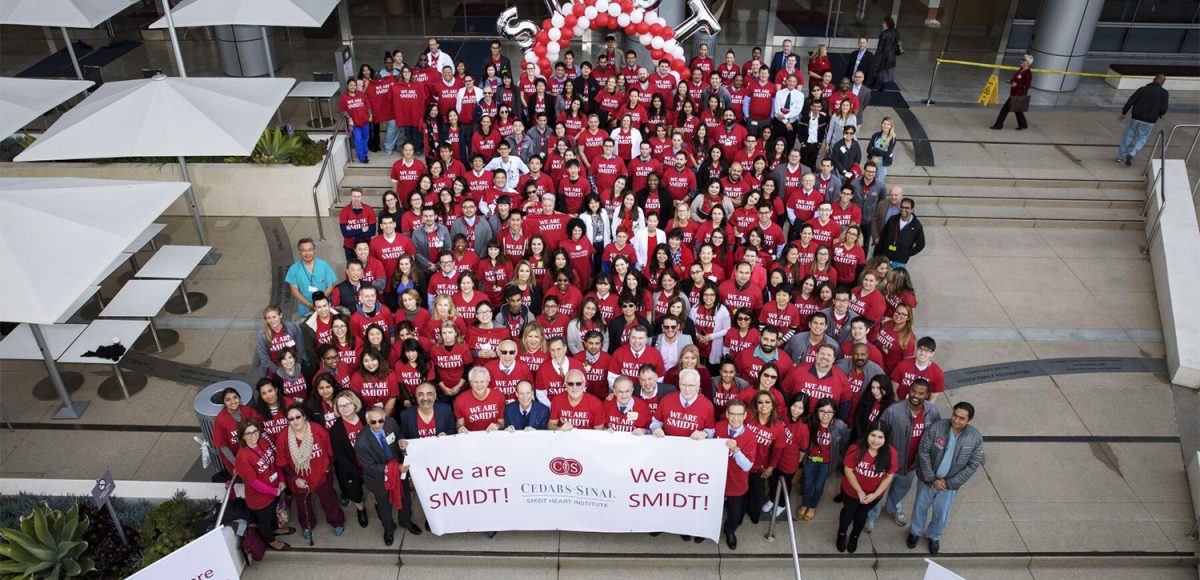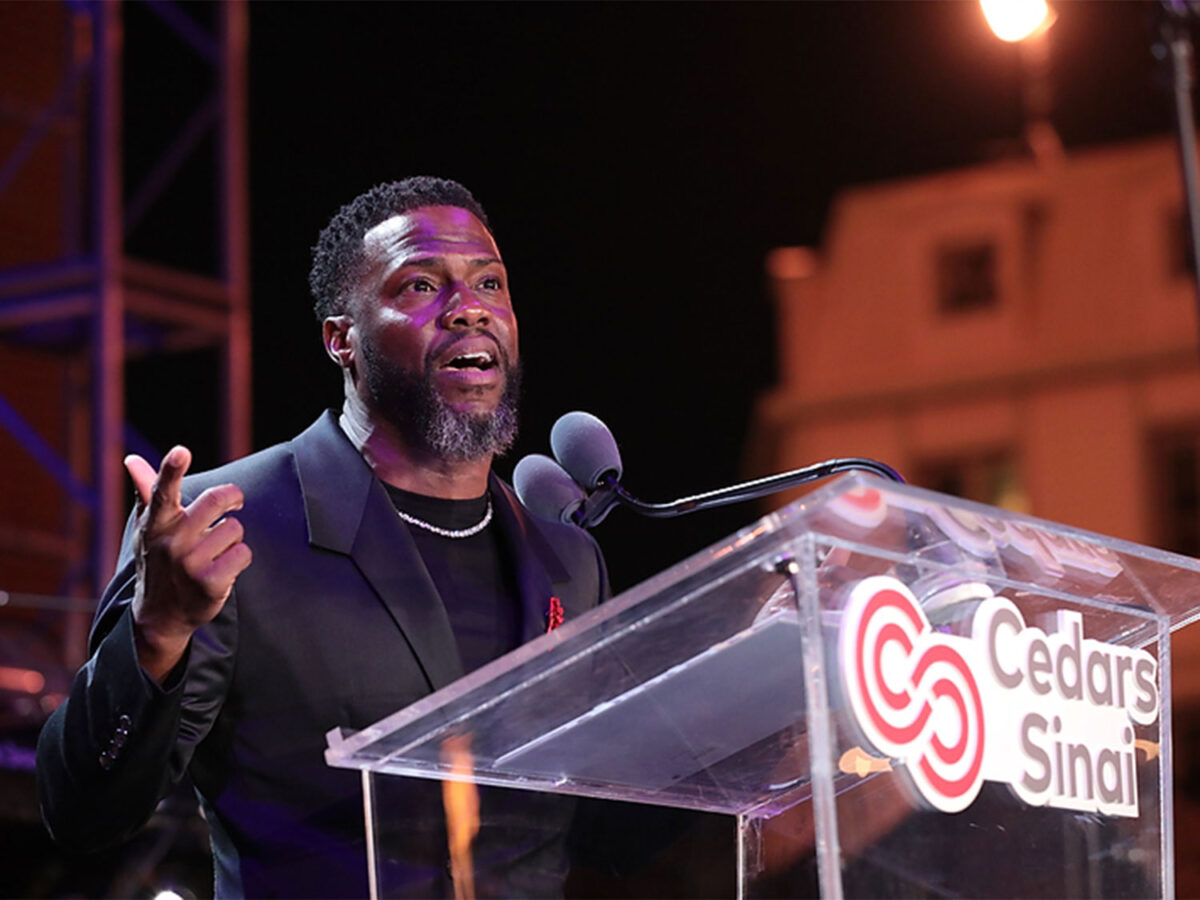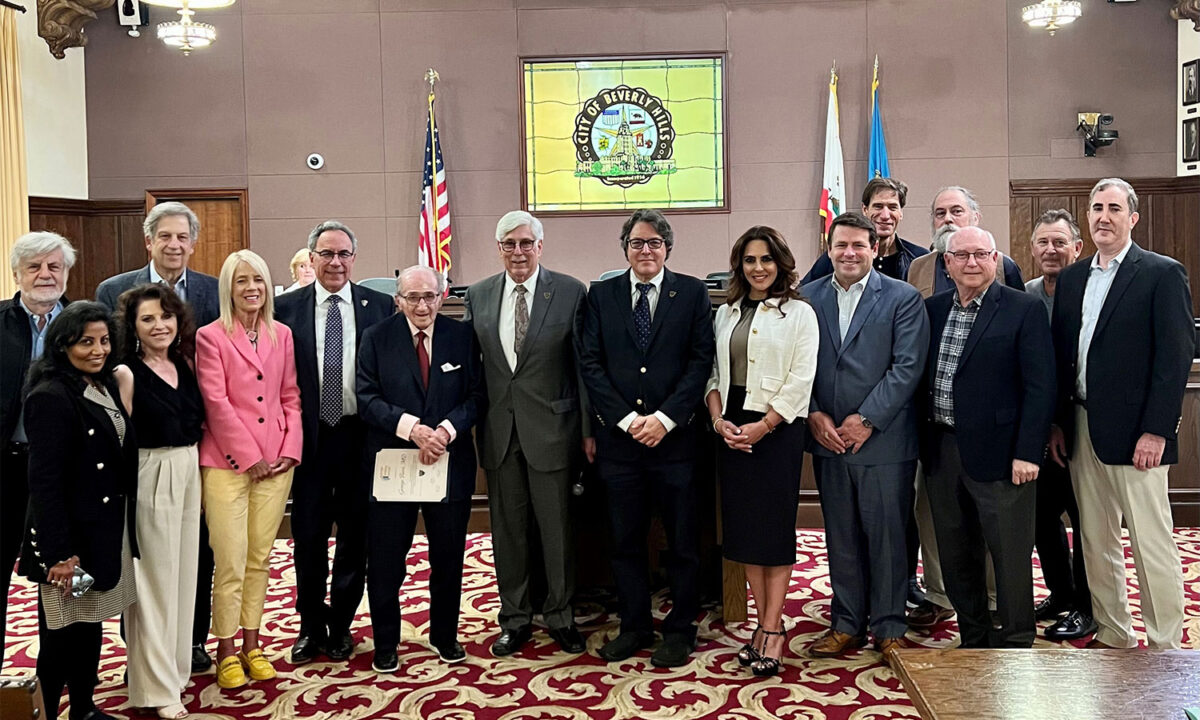Cedars-Sinai Medical Center marked the five-year anniversary of a $50 million gift from Eric and Susan Smidt, which named the Smidt Heart Institute, by sharing research breakthroughs and clinical advances in cardiology made possible by the donation. The then largest gift in Cedars-Sinai history, the Smidt Heart Institute funds and fosters national and international advances in cardiac health, with nearly 800 staff and faculty.
According to U.S. News and World Report’s “Best Hospitals 2022-23,” the Smidt Heart Institute ranked first in California, and third in the nation for cardiology and heart surgery. The institute also houses independent cardiology and cardiac surgery departments, and 21 centers that specialize in cell therapy, minimally invasive valve procedures, robotic surgery, congenital heart disease treatments, organ transplantation and more.
In the last five years, with the largest heart transplant program in the U.S., Cedars-Sinai transplant teams performed 603 adult heart transplants. Surgeons at the Institute have pioneered minimally invasive techniques for lung transplantation and performed 74 transplants in fiscal year 2022. Today, the Smidt Heart Institute is the largest cardiothoracic transplant center by volume in the state, and the third largest by volume in the country. In addition, the institute secured over $192 million in research funding from the National Institutes of Health, the California Institute for Regenerative Medicine, charitable foundations, and others.
In 2019, Evan Zahn, M.D., co-director of the Smidt Heart Institute’s Vera and Paul Guerin Family Congenital Heart Program and director of the Division of Pediatric Cardiology, implanted the first Abbott Piccolo mesh device for minimally invasive treatment of common, life-threatening heart issues found in premature babies.
Raj Makkar, M.D., Cedars-Sinai’s vice president of Cardiovascular Innovation and Intervention and the Stephen R. Corday, M.D., Chair in Interventional Cardiology, developed groundbreaking heart valve interventions done in minimally invasive procedures to help patients avoid cardiac surgery.







